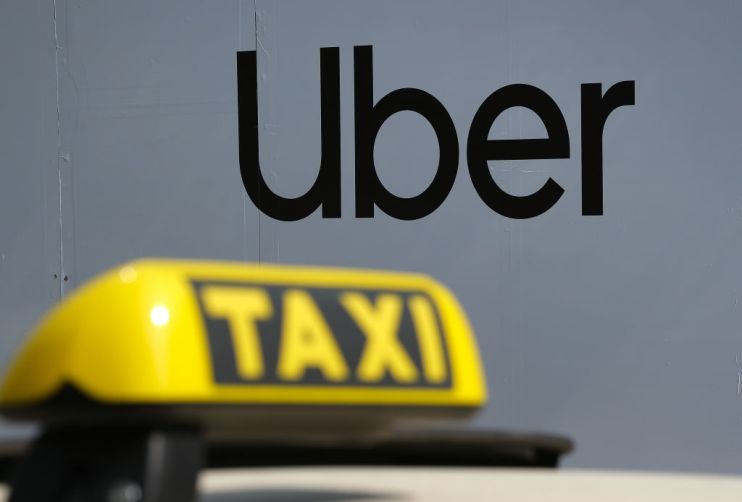Why did Uber lose its London licence and what happens now?

Transport for London’s (TfL) decision to not renew Uber’s licence may come as a shock to its 3.5m users in the capital, but what does it actually mean in the short-term?
TfL cited various reasons to effectively ban Uber from the capital, but can Uber appeal it and if so, what are its chances of success?
Read more: TfL bans Uber after a ‘pattern of failures’ puts safety at risk
Here is what we know so far:
Can I still use my Uber app in London?
Yes. Uber immediately announced it would appeal the decision, which allows it to operate until a final decision is made.
The app was previously banned in London two years ago, but was still able to operate while the appeal was ongoing.
Does the ruling effect Uber Eats?
The ruling does not effect UberEats as it is not regulated by TfL.
In any case, the decision to ban the app in London was due to passenger safety concerns, which could not possibly be relevant for UberEats.
Will the TfL ruling effect Uber outside the capital?
No. TfL only has responsibility for transport in the 33 local government districts that make up Greater London.
Licensing for other towns and cities is the responsibility of local authorities.
The app currently operates in 19 cities across the UK, including Manchester, Leeds, Liverpool, Edinburgh, Belfast and Brighton.
Have other cities in the UK banned Uber?
Uber has faced similar problems in two other British cities, however the decisions have since been overturned.
The ride-hailing app was suspended in Sheffield in 2017, after it failed to assuage council concerns about the company’s management.
The suspension was overturned and a long-term licence awarded a few months later.
Read more: Uber rivals sharpen their knives after app’s London ban
Brighton and Hove Council refused to give Uber a licence in June last year due to concerns over cyber security.
It was overturned last December by Brighton Magistrates’ Court.
When will Uber’s appeal be heard?
A TfL source said the best indication was the length of the last Uber appeals process.
“If we look at prior experience then it should be about nine to 10 months,” they said.
“In 2017, the decision to ban Uber was made in September and the appeal was finished by July the next year.”
Uber faced similar problems in Denmark and decided to pull out in 2017, instead of appealing new legislation.
It was also successfully banned in Bulgaria and Hungary due to pressure from taxi unions.
Read more: Uber ban: London business groups lament ‘dark day for competition’
Vanessa Barnett, commercial lawyer from Keystone Law, said it was unlikely the New York-listed company would pull out of London like it did overseas.
“It will be interesting to see how Uber react,” she said.
“However, given the amount of revenue Uber generates from London I would anticipate them fighting hard to make it work and not pull out like they did in Denmark.”